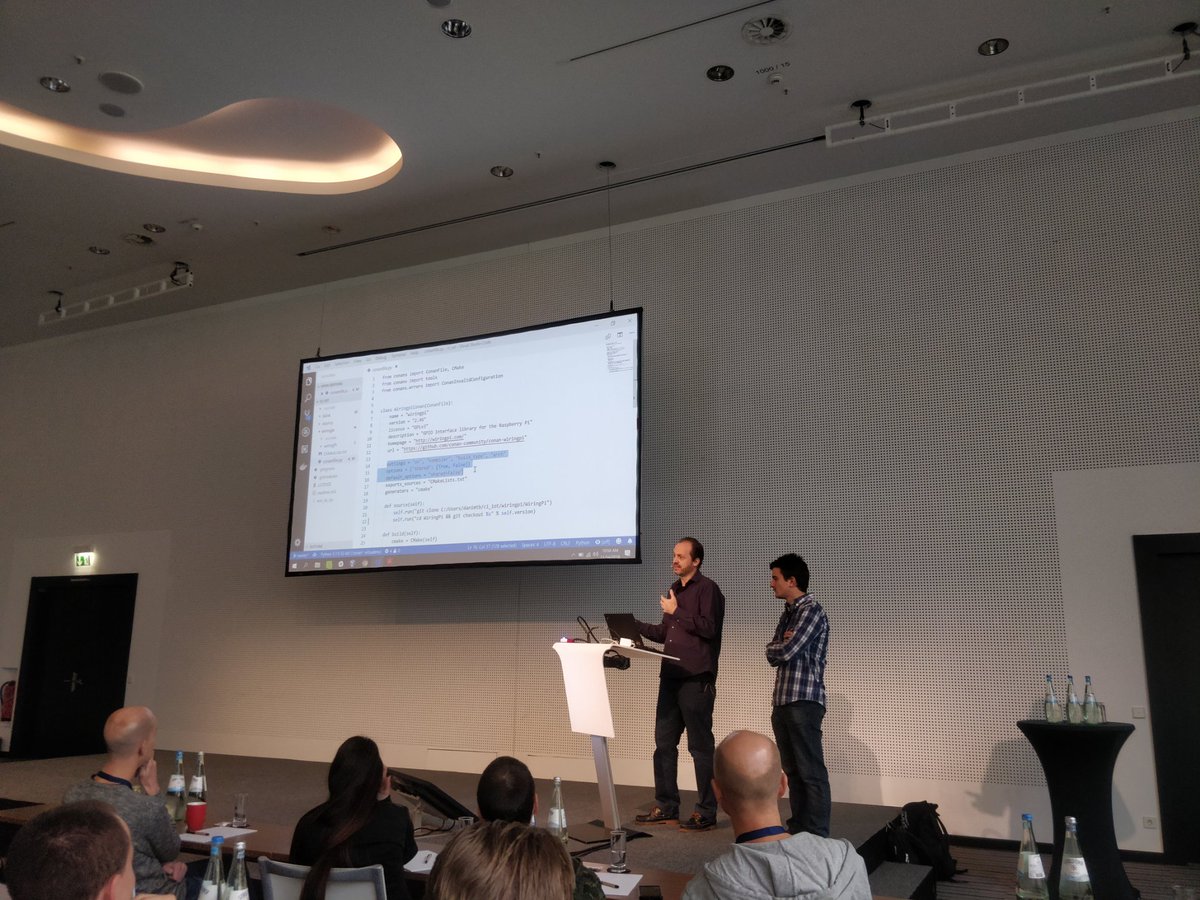How to Boost Performance with Intel Parallel STL and C++17 Parallel Algorithms--Bartlomiej Filipek
Another one.
How to Boost Performance with Intel Parallel STL and C++17 Parallel Algorithms
by Bartlomiej Filipek
From the article:
C++17 brings us parallel algorithms. However, there are not many implementations where you can use the new features. The situation is getting better and better, as we have the MSVC implementation and now Intel’s version will soon be available as the base for libstdc++ for GCC.
Since the library is important, I’ve decided to see how to use it and what it offers...

 Were you there?
Were you there?